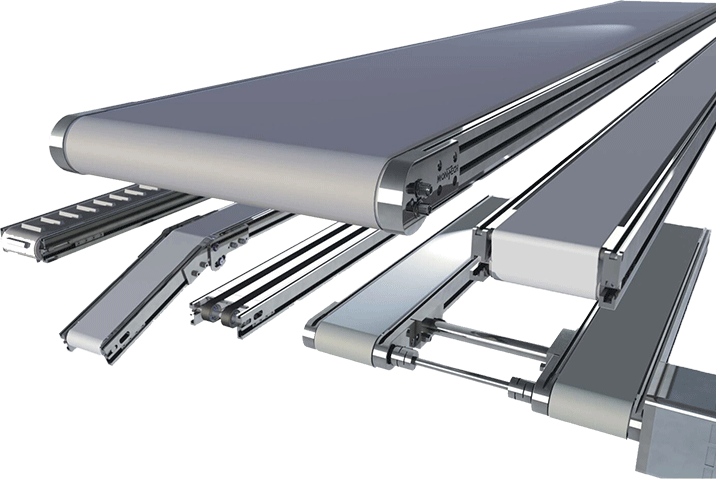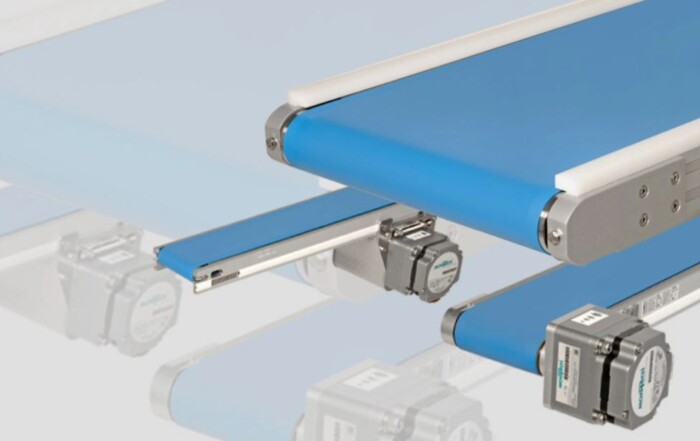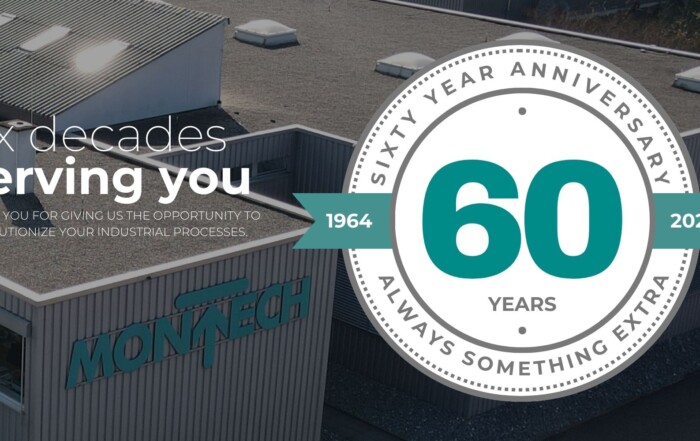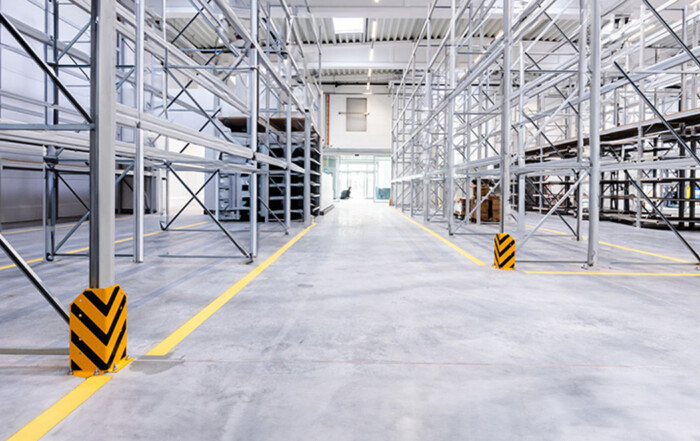The standardization of conveyor systems has far-reaching effects on the efficiency of production processes. It helps to reduce costs, shorten delivery times, increase flexibility in production, and optimize quality.
In the dynamic world of conveyor technology, standardization plays a crucial role in successfully confronting the diverse challenges of the industry and optimizing processes at the same time. Standardization is a strategic approach that not only has a short-term but also long-term impact on the efficiency of production processes. Standardization in conveyor technology offers various advantages.
Optimized costs
Standardization of conveyor systems enables mass production of components, resulting in significant cost savings. Using standardized components and systems reduces production costs and exploits economies of scale. As a result, high-quality conveyor technology solutions can be offered at competitive prices.
Shorter delivery times
Selecting and implementing standardized conveyor systems enables faster delivery and installation. Since standardized parts can usually be kept in stock, there is no need for long production and delivery times; manufacturers can rely on already established and optimized processes and react more flexibly to customer requirements. This is particularly important in environments where rapid responses to market changes or production requirements are required. Faster delivery times not only contribute to customer satisfaction, but also improve a company’s competitive position on the market.
Increased flexibility in production
Standardization creates a basis for increased flexibility in conveyor technology. Using modular and interchangeable components makes it easier to integrate systems with one other and easily adapt conveyor technology to changing production processes or new product lines. This enables agile production that can respond to changing market conditions, as well as faster implementation of new technologies.
Improved quality and consistency
Standardization contributes significantly to better-quality conveyor technology solutions. Using standardized processes and components ensures consistent product quality. In addition, standardization enables better control and monitoring of production processes. Downtime is minimized and the overall efficiency of production equipment is maximized. Errors and weak points are detected and remedied at an early stage, which ultimately leads to higher reliability and longevity of the conveyor systems.
Standardization and innovation as a recipe for success
In summary, standardization of conveyor systems is not only a means of increasing efficiency, but also a basis for long-term success and competitiveness. The integration of innovations also plays a key role here. It is only through the combination of proven standardized processes and innovative technologies that companies create a solid basis for future-oriented production. That is exactly what we are aiming for. As a specialist in the industrialization and standardization of conveyor systems, we strive to work with our customers to address the challenges of the conveyor technology industry and to develop innovative solutions for optimized production processes.










